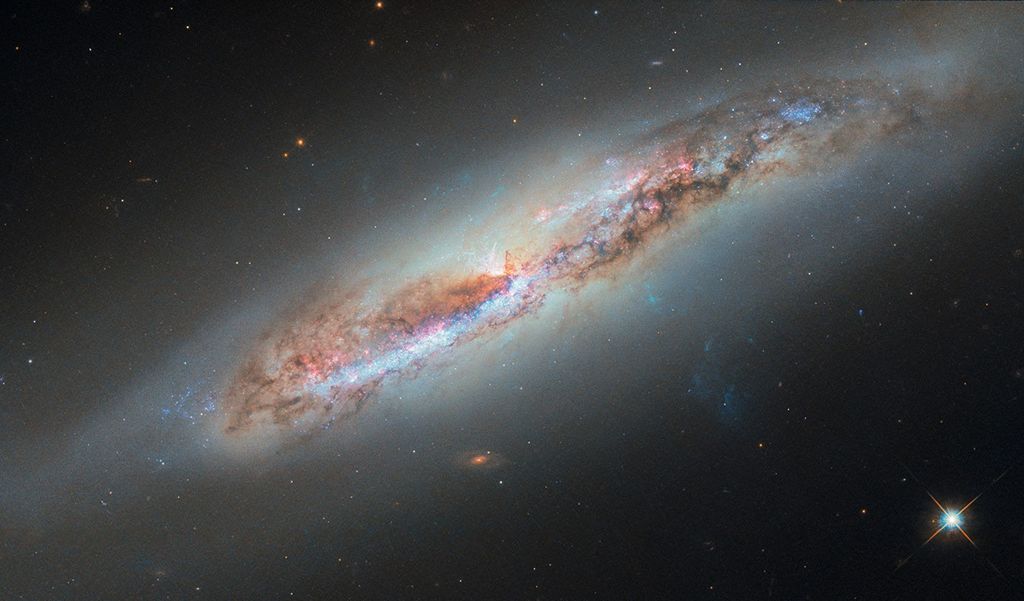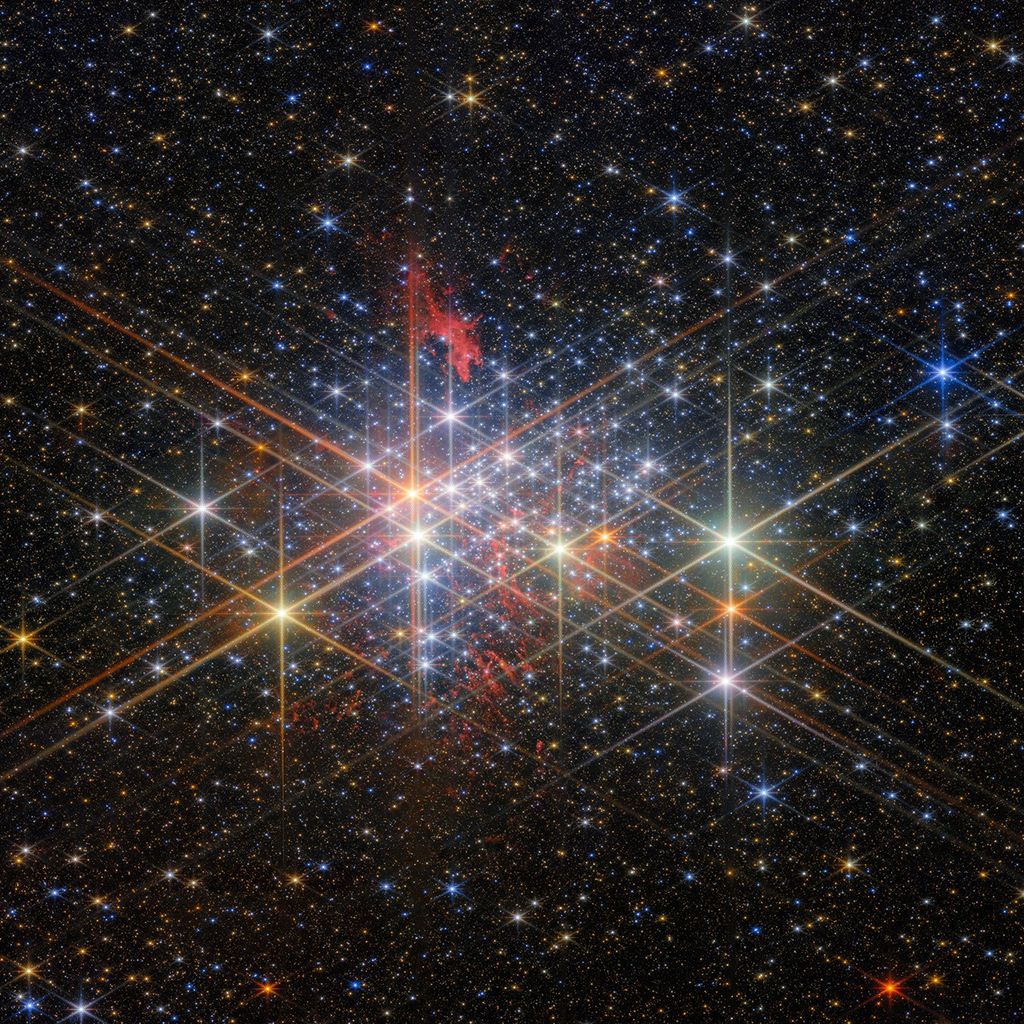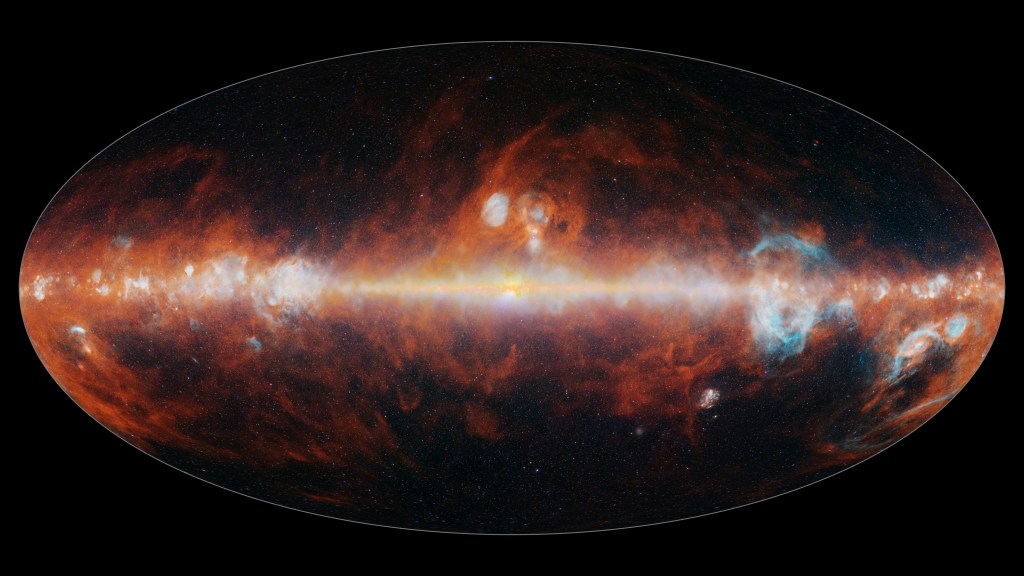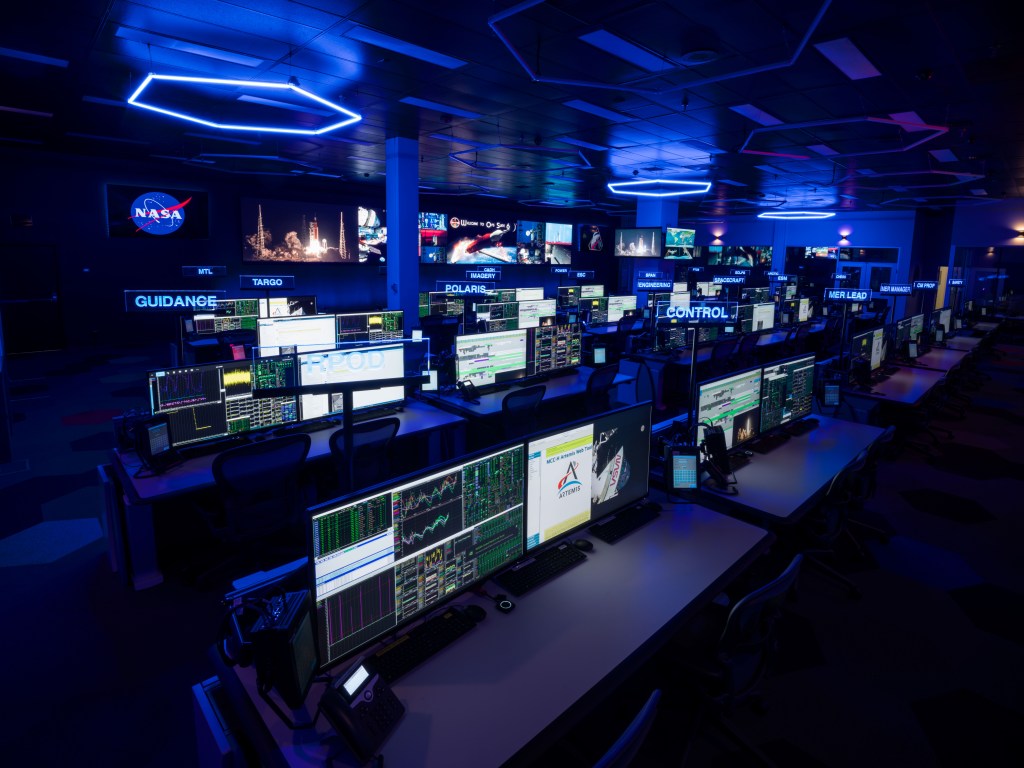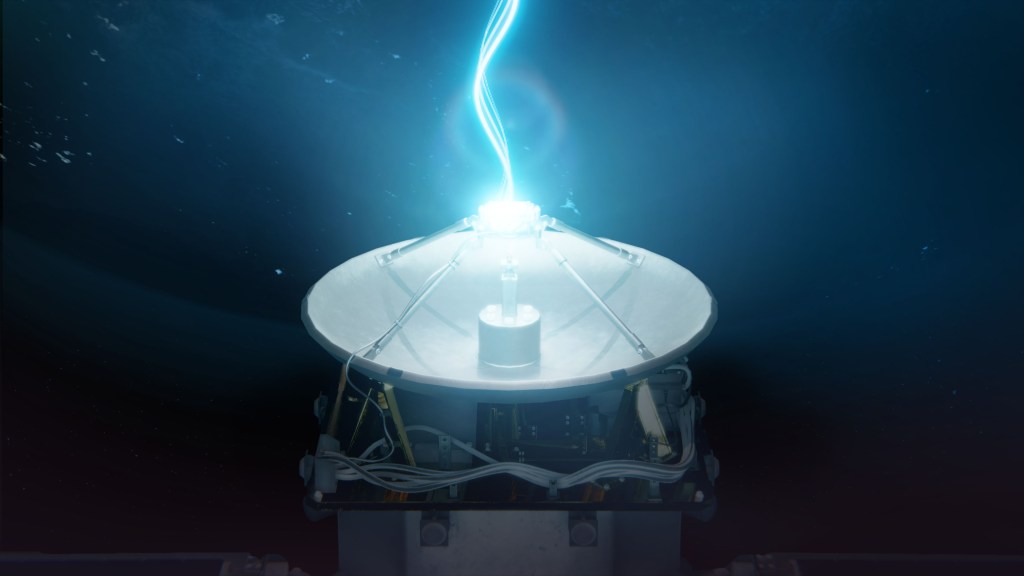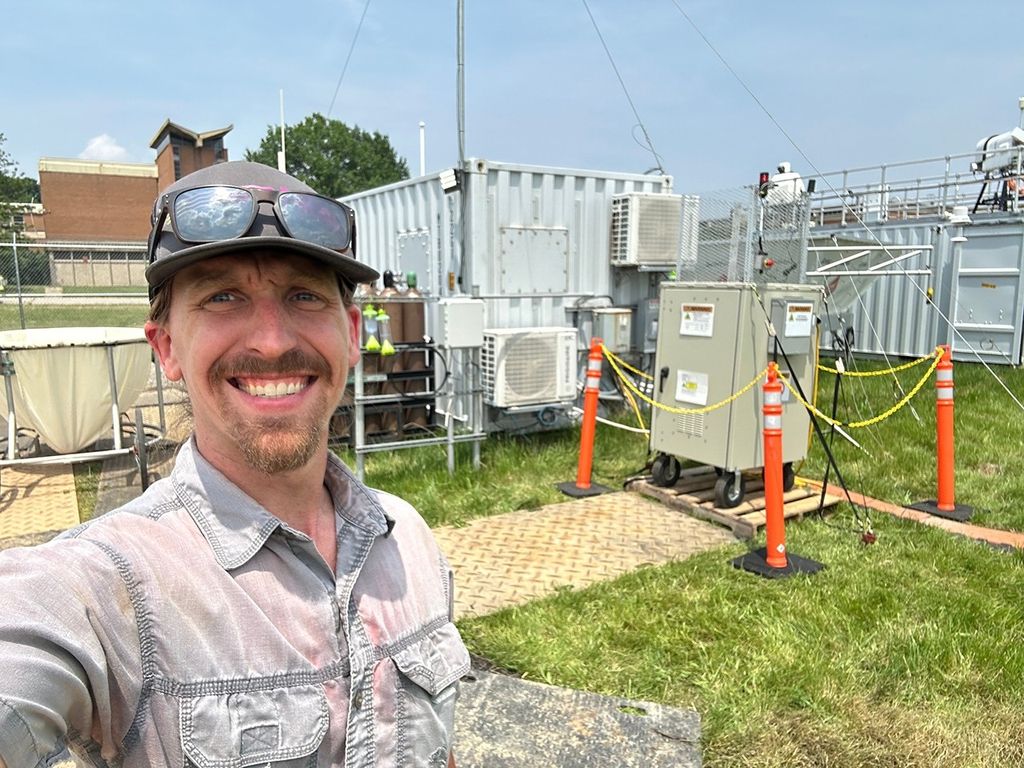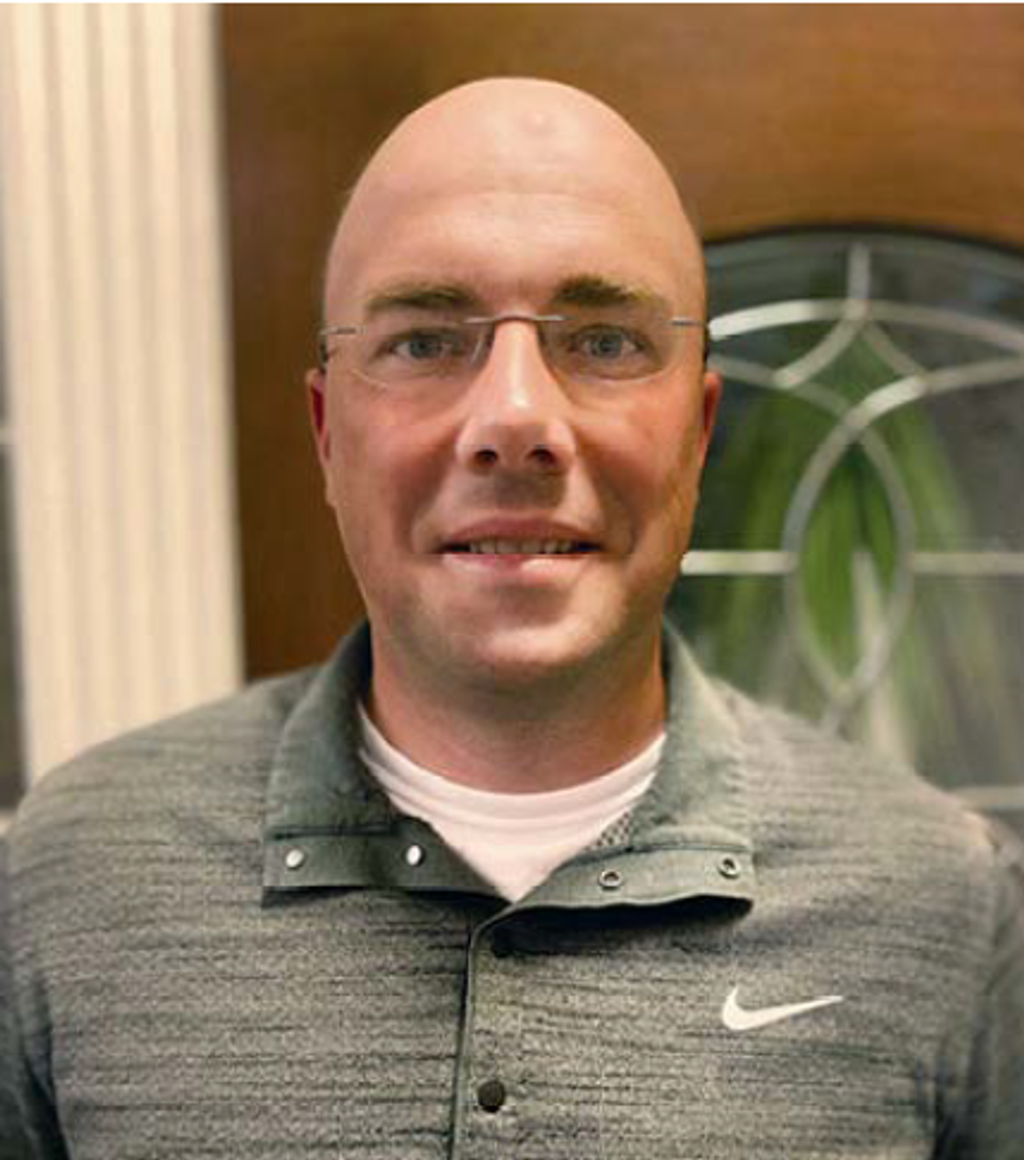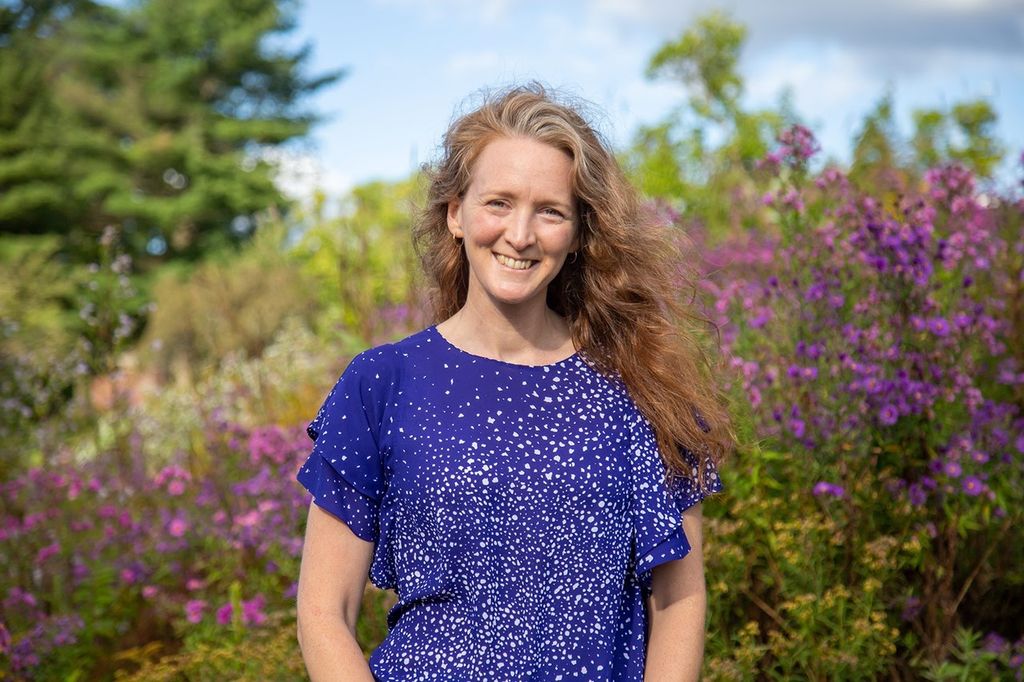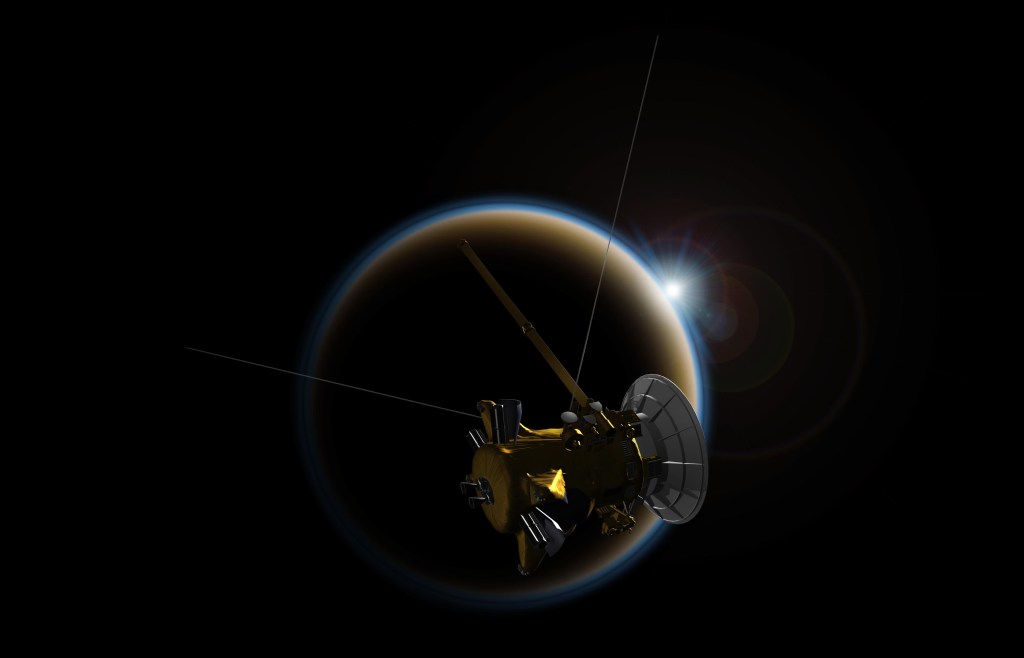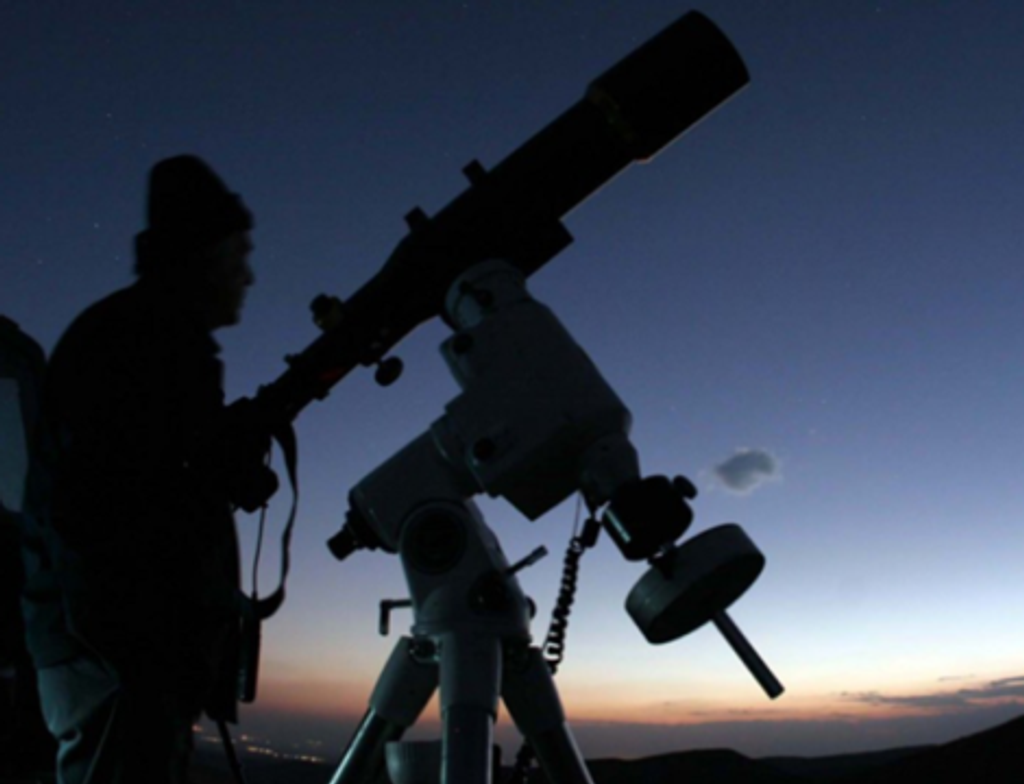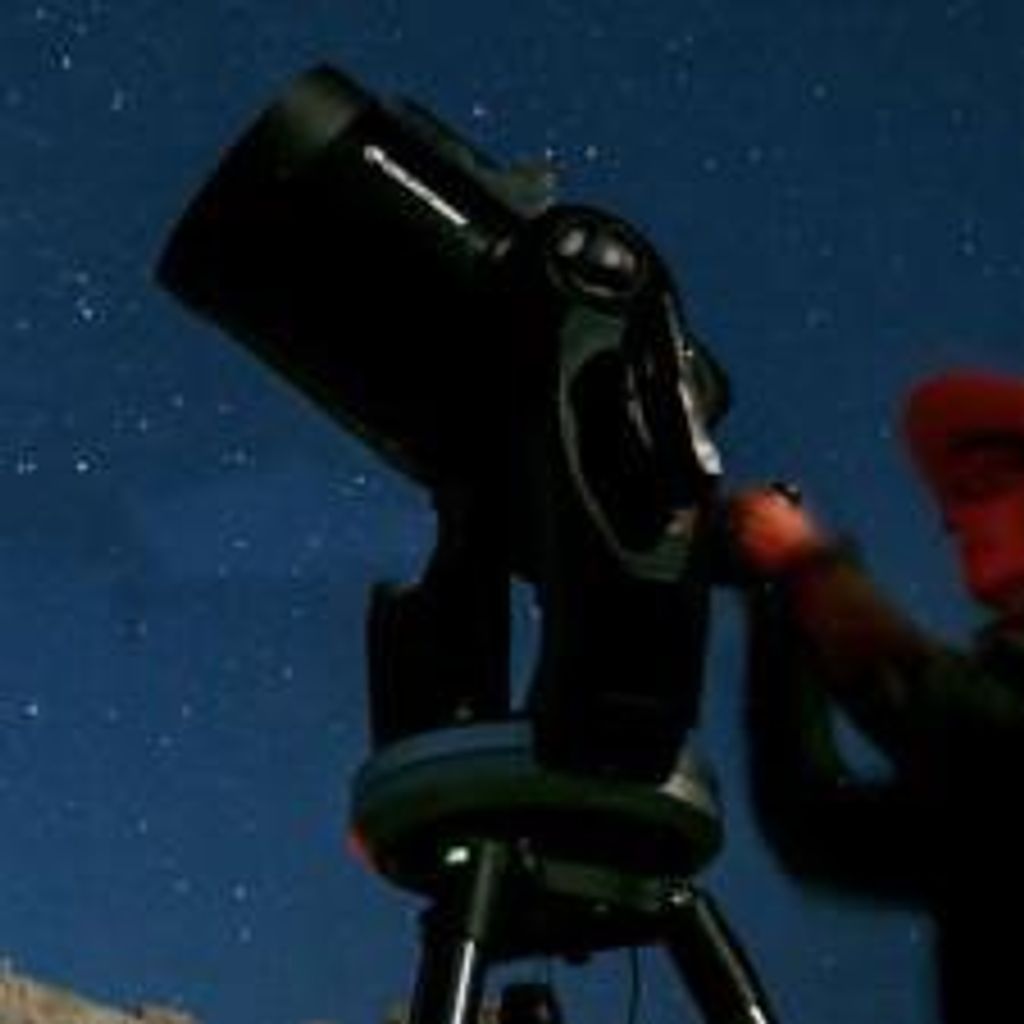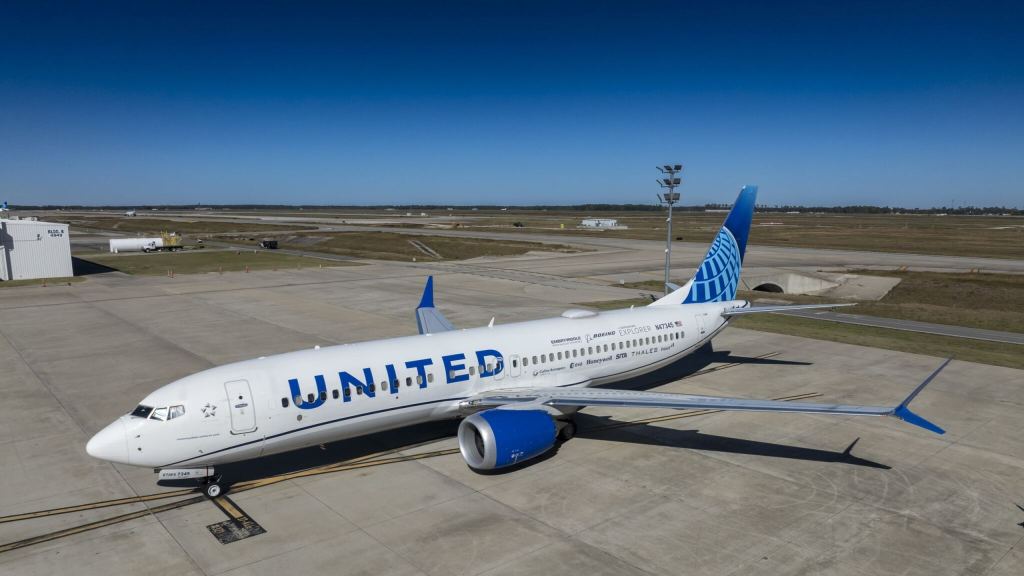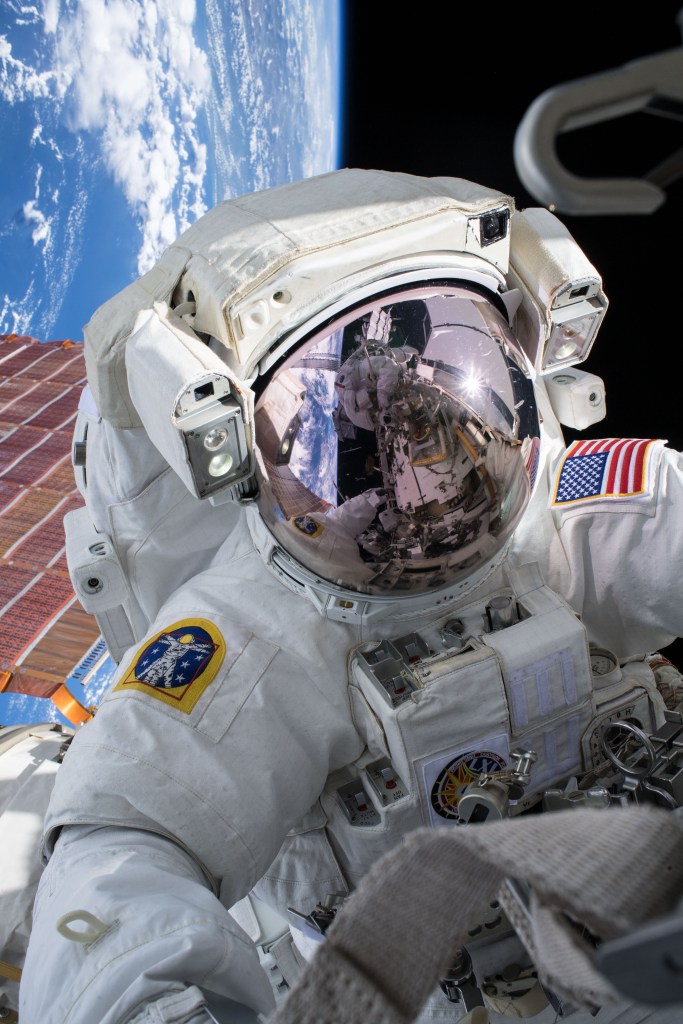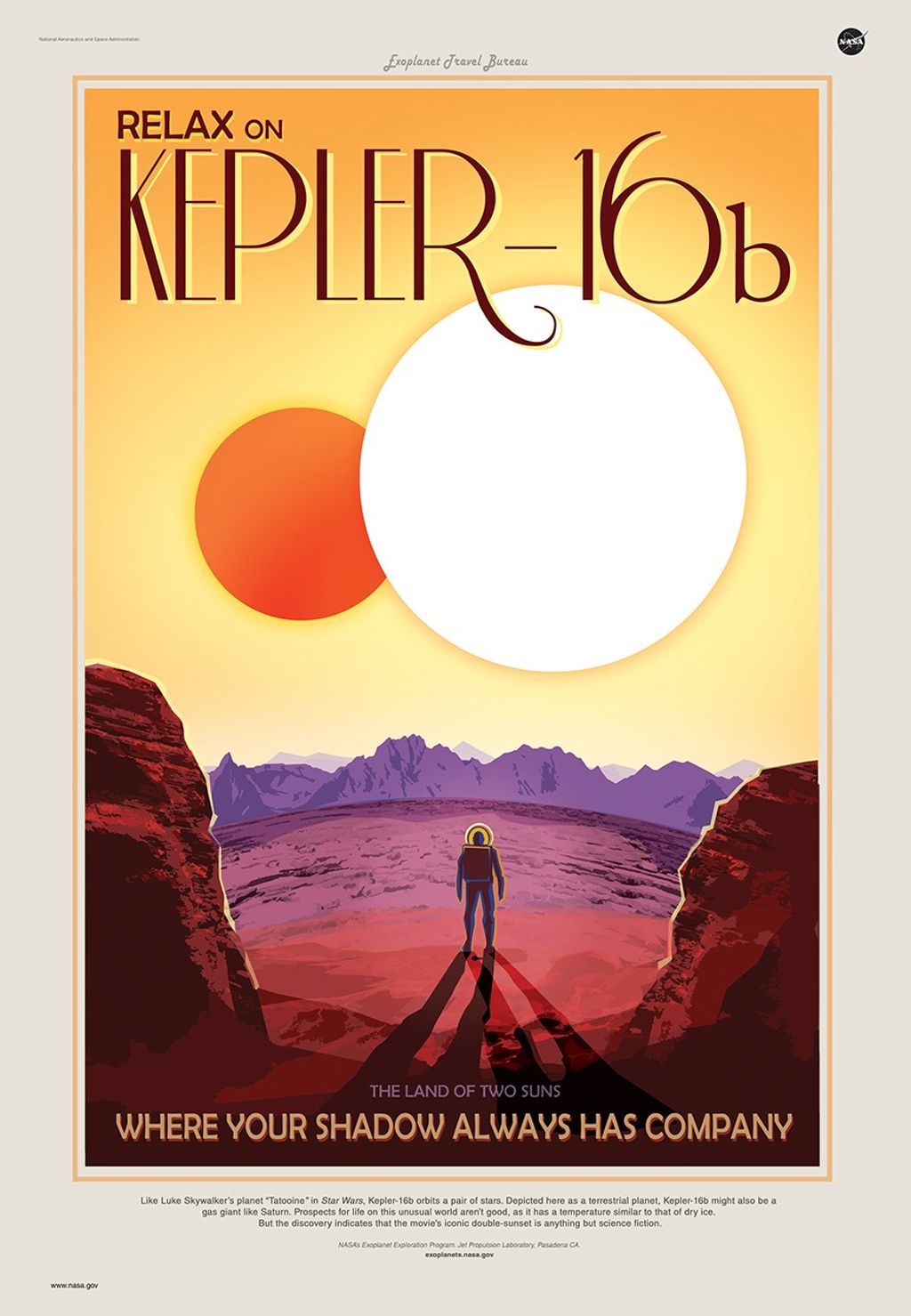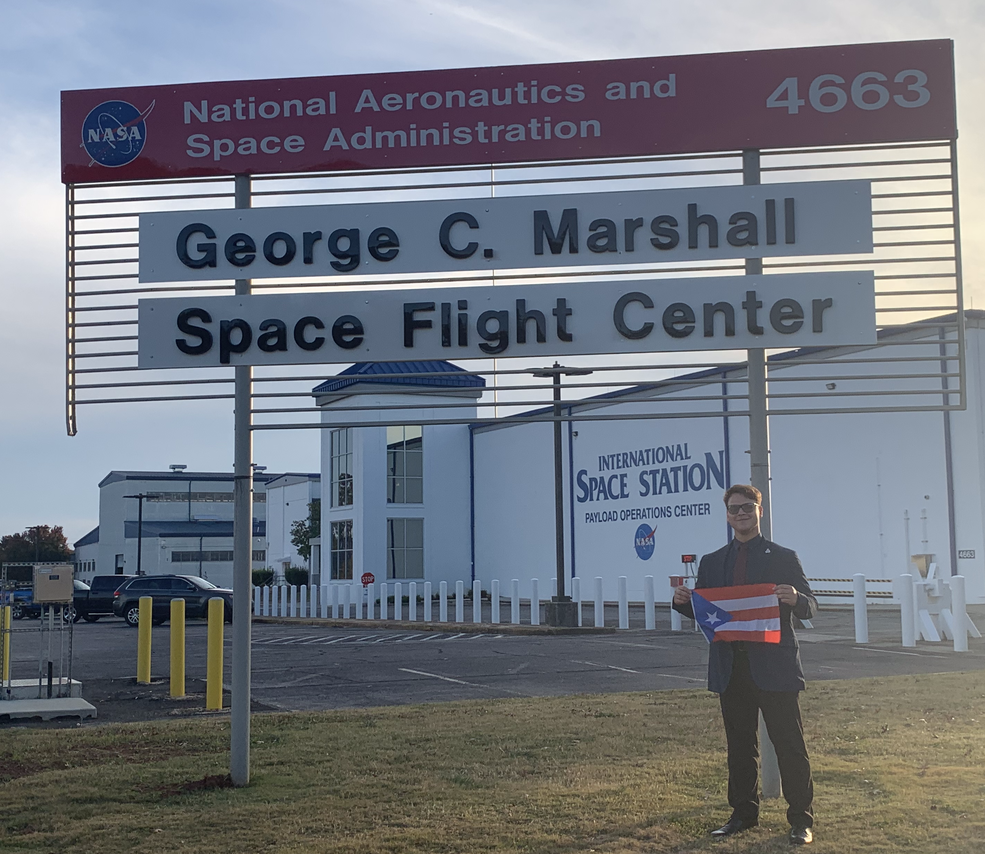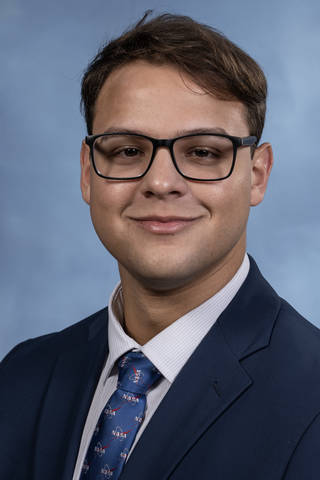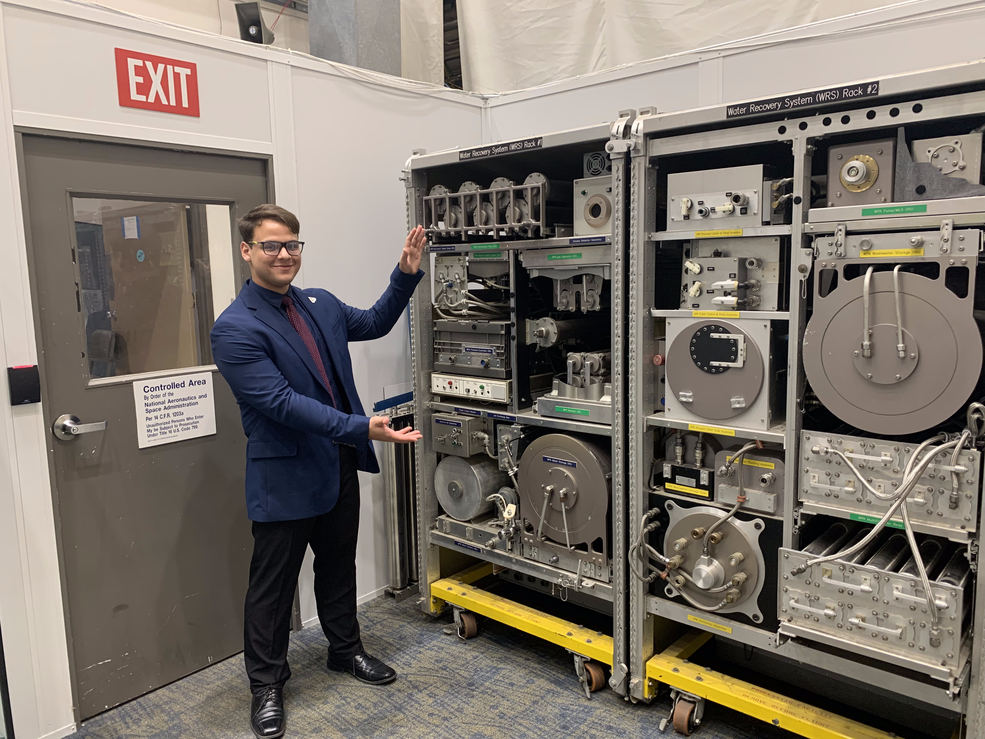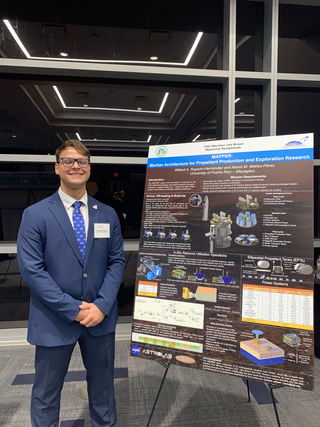By Lane Figueroa
Wilbert Ruperto-Hernández, a senior studying mechanical engineering at the University of Puerto Rico-Mayagüez, is known affectionately by his friends and family as “Mr. NASA.” The nickname is warranted as he completes his internship with NASA’s Marshall Space Flight Center in Huntsville, Alabama.
A Puerto Rican native, Ruperto-Hernández currently supports the Advanced Concepts Office at Marshall where engineers and scientists create blueprints for cutting-edge technologies necessary to execute NASA’s long-term goals. The ACO is the birthplace of many NASA missions – where NASA personnel combine proven engineering practices with ground-breaking ideas to make the “impossible” possible.
The ACO is the perfect place for Ruperto-Hernández, who was captivated by space exploration at the age of 4 after discovering photos of the universe in his grandfather’s encyclopedia. “When I accepted my internship at the ACO, I was thrilled to learn I would support the first human missions to Mars,” Ruperto-Hernández said.
Enthusiasm aside, Ruperto-Hernández faced an immediate challenge – the learning curve associated with using the Dynamic Rocket Equation Tool (DYREQT) – an advanced programming tool developed by the ACO team in the Python programming language and used to digitally illustrate and assess mission-scenarios.
“None of my previous experiences included an opportunity to improve a fundamental skill I was missing – which was programming,” Ruperto-Hernández said. “My college education and extracurricular activities didn’t include programming, and I quickly realized I needed to learn how to code.”
However, programming wasn’t the only obstacle to overcome – on Sept. 18, 2022, Hurricane Fiona slammed Puerto Rico causing mass destruction and leaving thousands of residents without power and water for weeks, including Ruperto-Hernández’s parents. To complicate the situation, the island was still recovering from Hurricane Maria, which only worsened the impacts of Fiona.
Despite the hurricane, Ruperto-Hernández stayed determined to complete his virtual internship. Before the storm made landfall, he alerted his mentors and took preemptive measures to keep working such as downloading necessary documents, submitting work early, and charging electronic devices.
When his family lost power and internet, he would use his car to charge devices while driving around town searching for locations with power and Wi-Fi – his workplace often became a friend’s home or local business. His passion for space exploration and dream of becoming an astronaut prevailed over the natural disaster’s destruction.
Ruperto-Hernández was accustomed to fast-paced work environments and often put pressure on himself to perform quickly regardless of circumstances, but the challenges of learning programming and overcoming a hurricane taught him a valuable lesson –life is a marathon, not a sprint.
“I was reluctant to accept this was out of my control and maybe I should take my time to work through the issue and the learning curve,” Ruperto-Hernández said. “One important lesson from this experience was learning to change pace and be patient with myself.”
He credits his mentors, Robert Hetterich and Stephen Edwards, for setting realistic expectations, showing empathy, and encouraging him to take time learning the complex software. Hetterich and Edwards made it clear they did not expect Ruperto-Hernández to “make up for lost time.”
Ruperto-Hernández’s resilience paid off when his programming skills significantly improved, helping identify coding issues which could ultimately improve the experience of future DYREQT users.
In addition to finding virtual success this semester, Ruperto-Hernández was invited to present a poster from his NASA RASC-AL team at the annual Von Braun Symposium in Huntsville Oct. 27, 2022 – just over a month after Hurricane Fiona.
While in Huntsville for the symposium, he toured Marshall facilities and met several team members in person. “While virtual internships teach valuable lessons on time management and flexibility, in-person opportunities help students visualize their contributions to the Agency,” Ruperto-Hernández said.
Even after all the hardships, Ruperto-Hernández successfully completed all projects for his Marshall internship.
These challenges have strengthened his passion for space exploration and his goal to become an astronaut. He believes exploring the universe can unite the world for a common cause and advance technologies to improve life on Earth. He also deeply values exposing more minority groups to space and making space topics more digestible for all ages and backgrounds.
As the end of Ruperto-Hernández’s collegiate career comes closer, he describes his experiences at Marshall as “the perfect way” to end his internship career and propel him into full-time professional life.
Explore NASA STEM and internship opportunities here:
https://www.nasa.gov/offices/stem/centers/marshall/home/index.html
Christopher Blair
Marshall Space Flight Center, Huntsville, Ala.
256.544.0034
christopher.e.blair@nasa.gov

